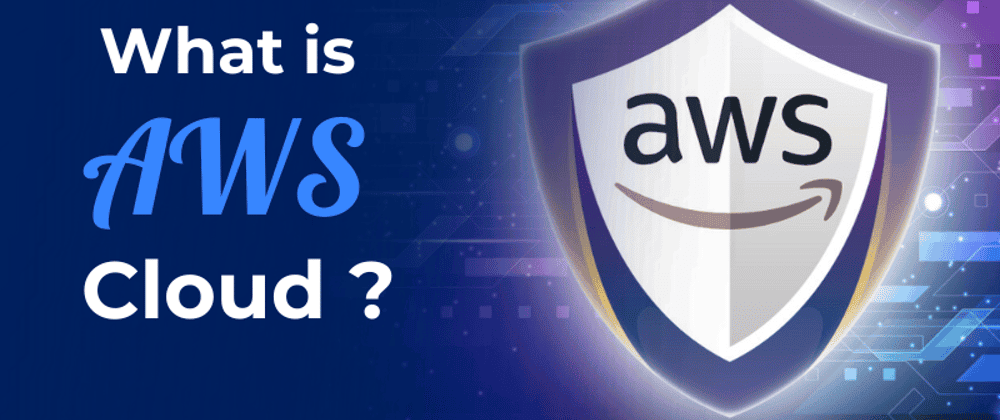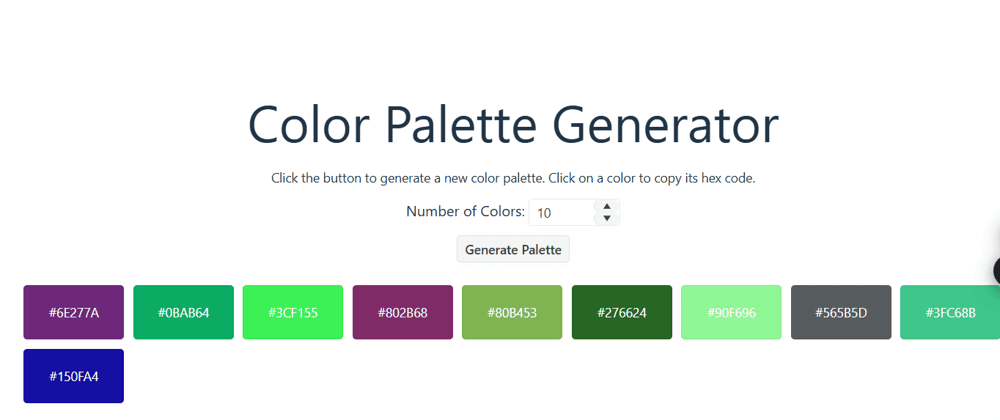Unveiling the FSF Unlimited License: A Fairer Future for Open Source?
Unveiling the FSF Unlimited License: A Fairer Future for Open Source?
The open-source licensing landscape is constantly evolving. A recent article, "Unveiling FSF Unlimited License: A Comprehensive Summary, Exploration and Review" (link), provides a detailed analysis of a particularly debated license: the FSF Unlimited License. This post summarizes the article's key findings, explores the license's philosophy, and discusses its implications for developers and businesses.
Introduction
The FSF Unlimited License aims to balance free software distribution with fair compensation for developers. Rooted in the Free Software Foundation's (FSF) principles, it offers a potential solution to the ongoing tension between open access and commercial exploitation of code.
Key Aspects of the FSF Unlimited License
The original article examines several crucial aspects:
- Origins and Creator Philosophy: Tracing the license's development and the vision behind it.
- Usage and Adoption Trends: Analyzing the license's adoption in various projects.
- Strengths and Limitations: Exploring its ability to ensure fair compensation while addressing challenges in dual licensing and interoperability.
- Real-World Success Stories and Failures: Examining case studies to illustrate both its potential and pitfalls.
Summary of Key Points
The FSF Unlimited License is more than just a legal document; it's a framework promoting transparency and equitable practices. A key feature is its compensation mechanism, which actively encourages fair returns for developers, unlike many permissive licenses that rely on donations.
The article details the license's origins, highlighting its development through consultations with legal experts, open-source advocates, and community members. It aims to mitigate the exploitation often associated with traditional open-source models. For the latest updates, the article refers readers to the FSF Twitter account.
Dual licensing—allowing adaptation to both community-led and commercial projects—is a significant aspect. While offering flexibility, it introduces legal complexities, particularly when combining copyleft and permissive elements. This is crucial for developers and businesses striving for sustainable innovation and revenue generation.
The article provides comparisons with other licenses (like MIT and GPL), enriched by data from sources such as the GitHub License Usage report. This assists in understanding the FSF Unlimited License's strengths and helps in choosing the right licensing strategy.
Finally, the article explores potential blockchain integration for transparent compensation. While not inherently part of the FSF Unlimited License, this highlights innovative trends, such as those in the OCTL Whitepaper, that could influence future iterations.
Conclusion
The "Unveiling FSF Unlimited License" article offers a well-rounded view of this important open-source license. By analyzing its history, strengths, and weaknesses, it provides valuable insights for anyone navigating open-source licensing. The FSF Unlimited License embodies the ethos of modern open-source ethics, promoting both innovation and fair compensation for creators. Resources like this article and ongoing discussions on platforms such as the FSF and GitHub are instrumental in shaping the future of software development. The license represents a practical approach to balancing open collaboration with sustainable development, offering a path worth exploring for developers and businesses alike.
Related Articles
Software Development
Unveiling the Haiku License: A Fair Code Revolution
Dive into the innovative Haiku License, a game-changer in open-source licensing that balances open access with fair compensation for developers. Learn about its features, challenges, and potential to reshape the software development landscape. Explore now!
Read MoreSoftware Development
Leetcode - 1. Two Sum
Master LeetCode's Two Sum problem! Learn two efficient JavaScript solutions: the optimal hash map approach and a practical two-pointer technique. Improve your coding skills today!
Read MoreBusiness, Software Development
The Future of Digital Credentials in 2025: Trends, Challenges, and Opportunities
Digital credentials are transforming industries in 2025! Learn about blockchain's role, industry adoption trends, privacy enhancements, and the challenges and opportunities shaping this exciting field. Discover how AI and emerging technologies are revolutionizing identity verification and workforce management. Explore the future of digital credentials today!
Read MoreSoftware Development
Unlocking the Secrets of AWS Pricing: A Comprehensive Guide
Master AWS pricing with this comprehensive guide! Learn about various pricing models, key cost factors, and practical tips for optimizing your cloud spending. Unlock significant savings and efficiently manage your AWS infrastructure.
Read MoreSoftware Development
Exploring the GNU Verbatim Copying License
Dive into the GNU Verbatim Copying License (GVCL): Understand its strengths, weaknesses, and impact on open-source collaboration. Explore its unique approach to code integrity and its relevance in today's software development landscape. Learn more!
Read MoreSoftware Development
Conquer JavaScript in 2025: A Comprehensive Learning Roadmap
Master JavaScript in 2025! This comprehensive roadmap guides you through fundamental concepts, modern frameworks like React, and essential tools. Level up your skills and build amazing web applications – start learning today!
Read MoreBusiness, Software Development
Building a Successful Online Gambling Website: A Comprehensive Guide
Learn how to build a successful online gambling website. This comprehensive guide covers key considerations, technical steps, essential tools, and best practices for creating a secure and engaging platform. Start building your online gambling empire today!
Read MoreAI, Software Development
Generate Images with Google's Gemini API: A Node.js Application
Learn how to build an AI-powered image generator using Google's Gemini API and Node.js. This comprehensive guide covers setup, API integration, and best practices for creating a robust image generation service. Start building today!
Read MoreSoftware Development
Discover Ocak.co: Your Premier Online Forum
Explore Ocak.co, a vibrant online forum connecting people through shared interests. Engage in discussions, share ideas, and find answers. Join the conversation today!
Read MoreSoftware Development
Mastering URL Functions in Presto/Athena
Unlock the power of Presto/Athena's URL functions! Learn how to extract hostnames, parameters, paths, and more from URLs for efficient data analysis. Master these essential functions for web data processing today!
Read MoreSoftware Development
Introducing URL Opener: Open Multiple URLs Simultaneously
Tired of opening multiple URLs one by one? URL Opener lets you open dozens of links simultaneously with one click. Boost your productivity for SEO, web development, research, and more! Try it now!
Read More
Software Development, Business
Unlocking the Power of AWS: A Deep Dive into Amazon Web Services
Dive deep into Amazon Web Services (AWS)! This comprehensive guide explores key features, benefits, and use cases, empowering businesses of all sizes to leverage cloud computing effectively. Learn about scalability, cost-effectiveness, and global infrastructure. Start your AWS journey today!
Read MoreSoftware Development
Understanding DNS in Kubernetes with CoreDNS
Master CoreDNS in Kubernetes: This guide unravels the complexities of CoreDNS, Kubernetes's default DNS server, covering configuration, troubleshooting, and optimization for seamless cluster performance. Learn best practices and avoid common pitfalls!
Read MoreSoftware Development
EUPL 1.1: A Comprehensive Guide to Fair Open Source Licensing
Dive into the EUPL 1.1 open-source license: understand its strengths, challenges, and real-world applications for fair code. Learn how it balances freedom and developer protection. Explore now!
Read MoreSoftware Development
Erlang Public License 1.1: Open Source Protection Deep Dive
Dive deep into the Erlang Public License 1.1 (EPL 1.1), a crucial open-source license balancing collaboration and contributor protection. Learn about its strengths, challenges, and implications for developers and legal teams.
Read MoreSoftware Development
Unlocking Kerala's IT Job Market: Your Path to Data Science Success
Launch your data science career in Kerala's booming IT sector! Learn the in-demand skills to land high-paying jobs. Discover top data science courses & career paths. Enroll today!
Read More
Software Development
Automation in Software Testing: A Productivity Booster
Supercharge your software testing with automation! Learn how to boost productivity, efficiency, and accuracy using automation tools and best practices. Discover real-world examples and get started today!
Read MoreSoftware Development
Mastering Anagram Grouping in JavaScript
Master efficient anagram grouping in JavaScript! Learn two proven methods: sorting and character counting. Optimize your code for speed and explore key JavaScript concepts like charCodeAt(). Improve your algorithms today!
Read More
Software Development
Mastering Kubernetes Deployments: Rolling Updates and Scaling
Master Kubernetes Deployments for seamless updates & scaling. Learn rolling updates, autoscaling, and best practices for high availability and efficient resource use. Improve your application management today!
Read More
Software Development
KendoReact Color Palette Generator: A Powerful, Free Component Showcase
Generate stunning color palettes effortlessly with this React app built using free KendoReact components. Customize the number of colors, copy hex codes, and enjoy smooth animations. Build your perfect palette today!
Read More